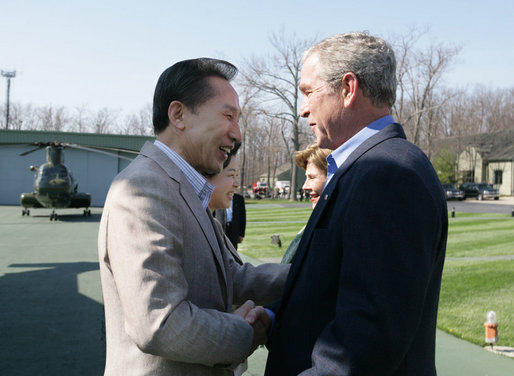just like what you see maybe they say to each other "hi" or "hello"
how bout you and your friend what do you say to greet each other went you meet them?
that's right it must be "hi" or "hello" too, but in some conversation we can't just use the "hi" or "hello" word cause it was so informal.
how about formal way or what is greeting really is?
let's find out bout it.
Greeting is an act of communication in which human beings (as well as other members of the animal kingdom) intentionally make their presence known to each other, to show attention to, and to suggest a type of relationship or social status between individuals or groups of people coming in contact with each other. While greeting customs are highly culture- and situation-specific and may change within a culture depending on social status and relationship, they exist in all known human cultures. Greetings can be expressed both audibly and physically, and often involve a combination of the two. This topic excludes military and ceremonial salutes but includes rituals other than gestures.
Greetings are often, but not always, used just prior to a conversation.
Some epochs and cultures have had very elaborate greeting rituals, e.g., greeting of a king.
Secret societies have clandestine greeting rituals that allow members to recognize common membership.
4 Ways to greet
A. Written english
By convention, formal letters in English commence with the salutation "Dear" followed by the name or title of the recipient. If the name or title of the recipient is unknown, then it is conventional to write "Dear Sir," or "Dear Madam," or where the sex of the recipient is also unknown, "Dear Sir/Madam," or "Dear Sir or Madam" is used. In other forms of written communication (such as fax or email), or in informal messages the salutation is often absent or replaced with a personal variant. For example, "Hello". "Goodbye". "Salutations". "You know?"
B.Gesture
example:
- hand shake
- bowing
- waving
- hug
- cheek kissing
C.Voice mail greetings
Voicemail greetings are pre-recorded messages that are automatically played to callers, when the voicemail system answers the call. Some voicemail systems allow for different greetings to be played to different callers.
D.Telephone greetings
Most languages have alternate greetings to be used over the telephone. In this case, the greeting is meant to confirm whether the person on the other line is present.
The term "greeting" may also refer to a pre-recorded message replayed when the call cannot be answered.


No comments:
Post a Comment